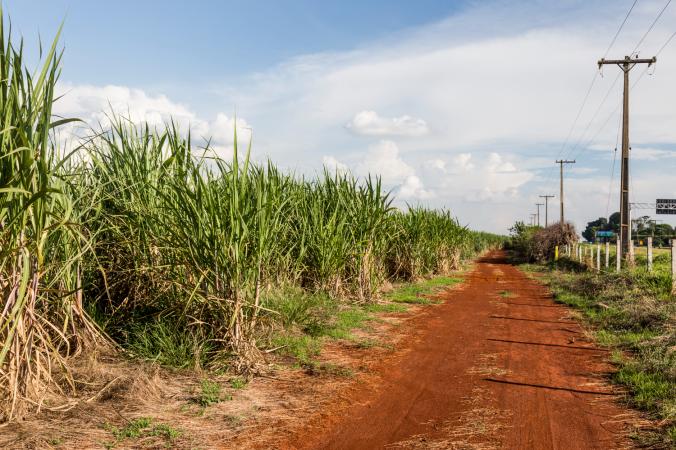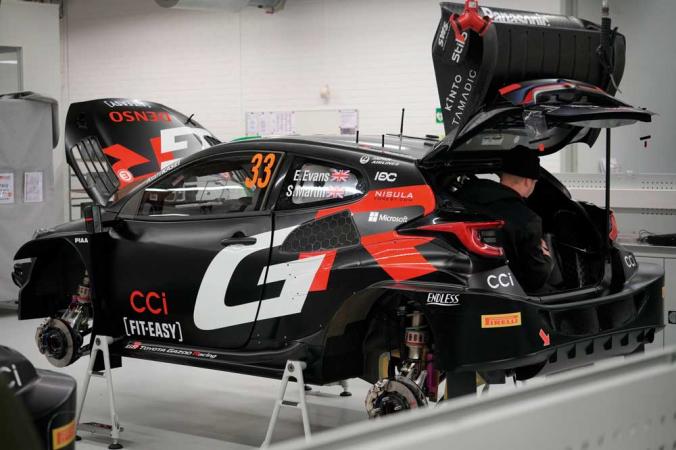SSAB, LKAB and Vattenfall Launch Initiative for a Carbon-Dioxide-Free Steel Industry
SSAB, LKAB and Vattenfall have announced plans to launch an initiative to solve the carbon dioxide problem in the Swedish steel industry. Together, the companies involved will initiate work to develop a steel production process that emits water rather than carbon dioxide.
The world is facing major challenges in the quest for a more sustainable society. SSAB’s existing production system is already one of the world’s most efficient in terms of carbon dioxide emissions. Nevertheless, existing steelmaking technology using coke plants and blast furnaces means SSAB is Sweden’s largest single source of carbon dioxide emissions.
SSAB, LKAB and Vattenfall say that they are together prepared to assume major responsibility to find a long-term solution to the carbon dioxide problem in the steel industry. With its specialized, innovative steel industry, access to fossil-free electricity and the highest-quality iron ore in Europe, Sweden is uniquely placed for such a project.
– The environment and sustainability have been a part of SSAB’s long-term strategy for many years. But we want to do even more. Under this initiative, we will take responsibility to solve long-term the problem of carbon dioxide in the steel industry, states Martin Lindqvist, President and CEO at SSAB
– LKAB makes iron ore products using processes that require less energy and result in fewer emissions than the majority of our competitors. Our focus lies on also optimizing our customers’ processes. This drive for carbon-dioxide-free ironmaking will be a significant contribution to sustainability, says Jan Moström, President and Group CEO at LKAB.
– It is very pleasing to take part in an initiative to secure the future of one of Sweden’s important branches of industry by using carbon-dioxide-free electricity to replace fossil fuel in steel production. This is the start of a highly interesting, climate-friendly development project that benefits our partners, Vattenfall and not least the climate, says Magnus Hall, President and CEO at Vattenfall.
The project will also mean a major contribution to a fossil-free Sweden. Implementation of the project will also require national contributions from the state, research institutions and universities over the next 20-25 years.
– Sweden has the chance to take the lead in this matter. No other country in Europe has the same opportunity thanks to the competence of our three companies and country’s unique natural resources. Nevertheless, success requires strong political involvement and commitment. Our three companies have a clear future vision: together we can create a more sustainable future, where one of the goals is steel without coal, Martin Lindqvist concludes.









